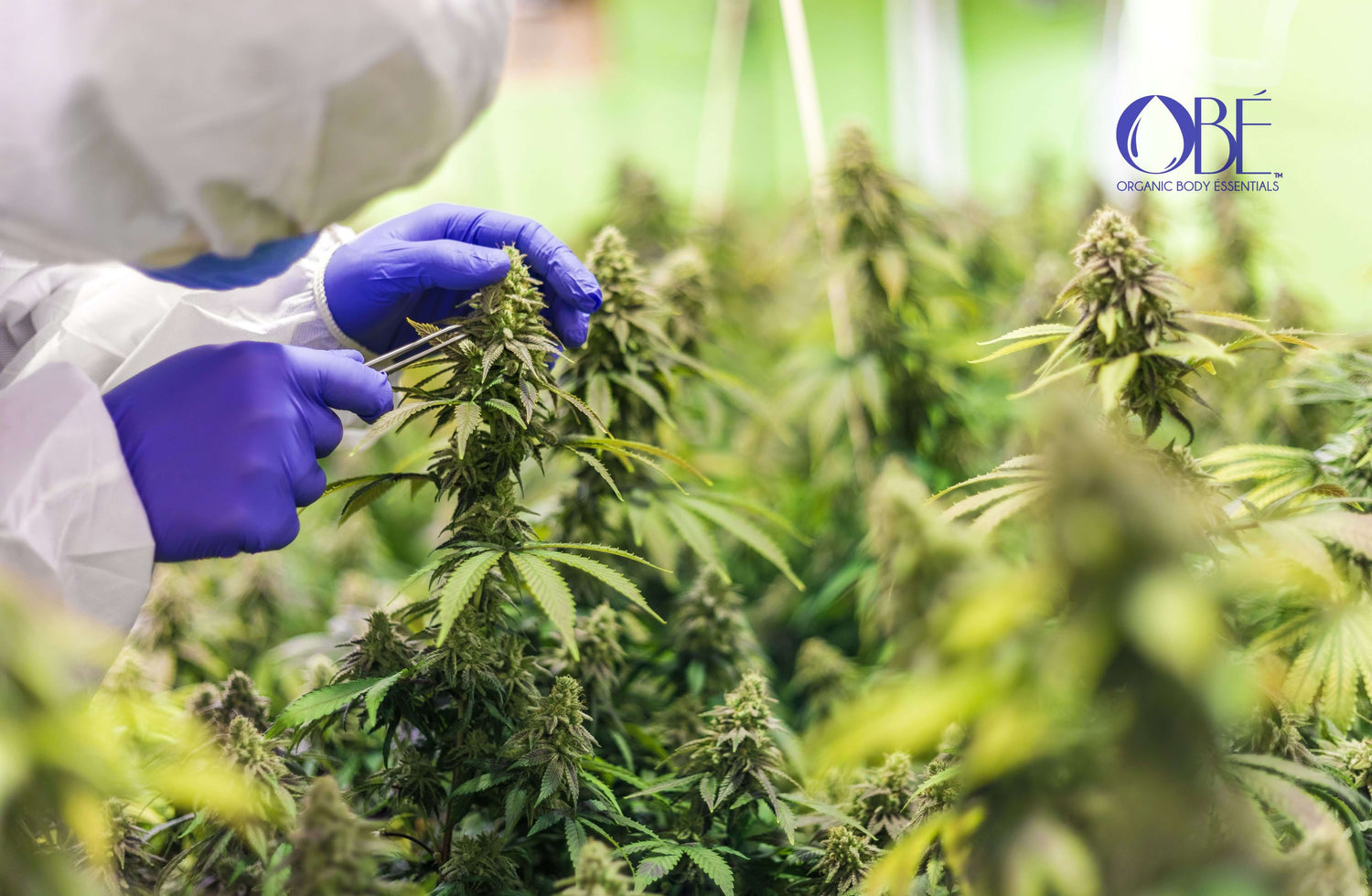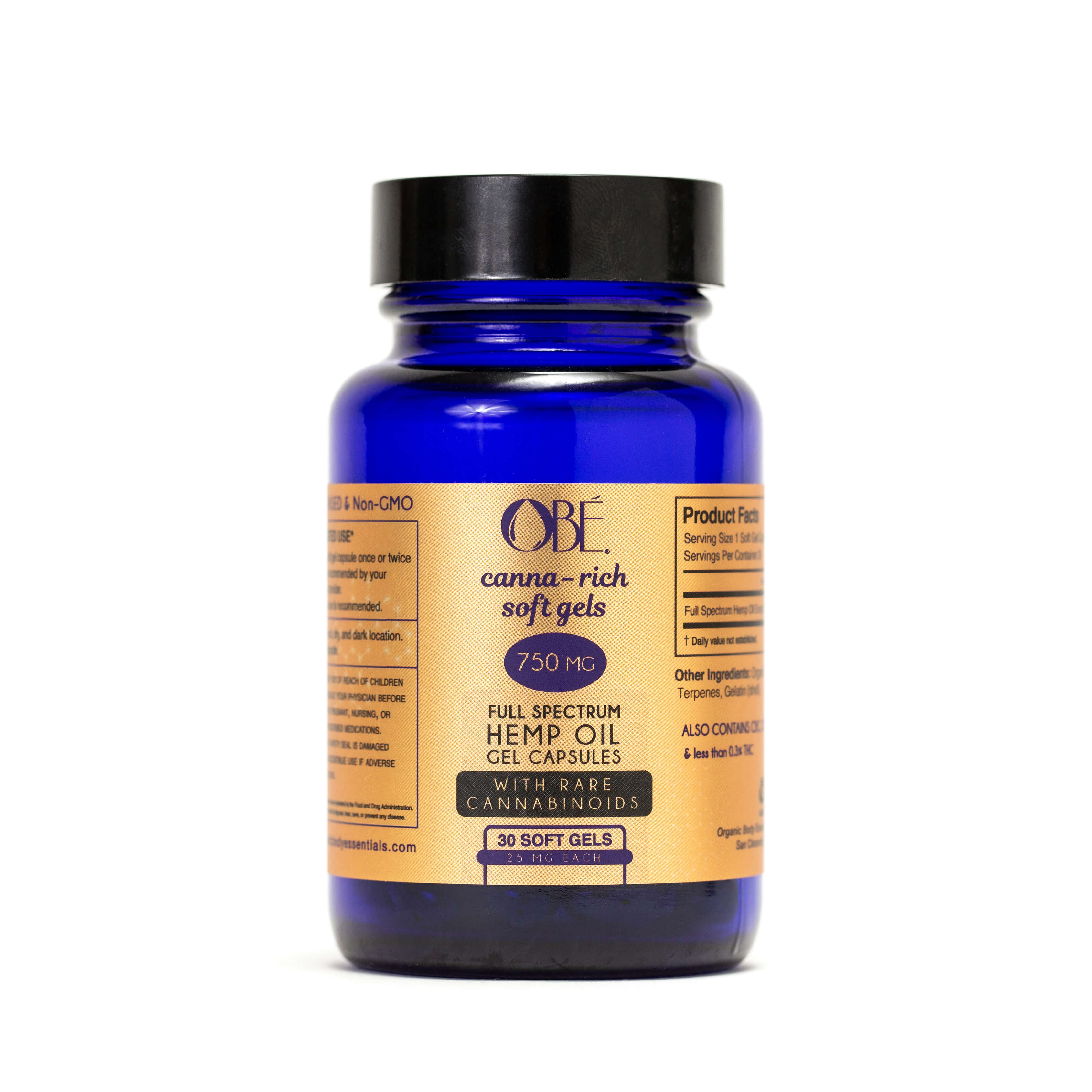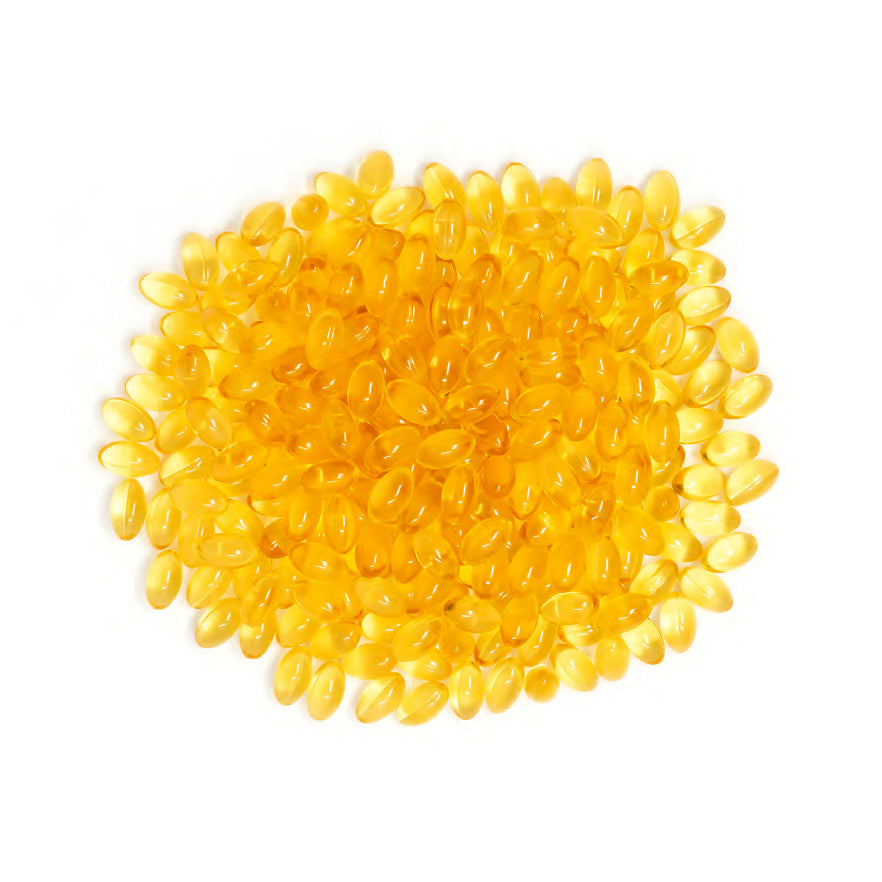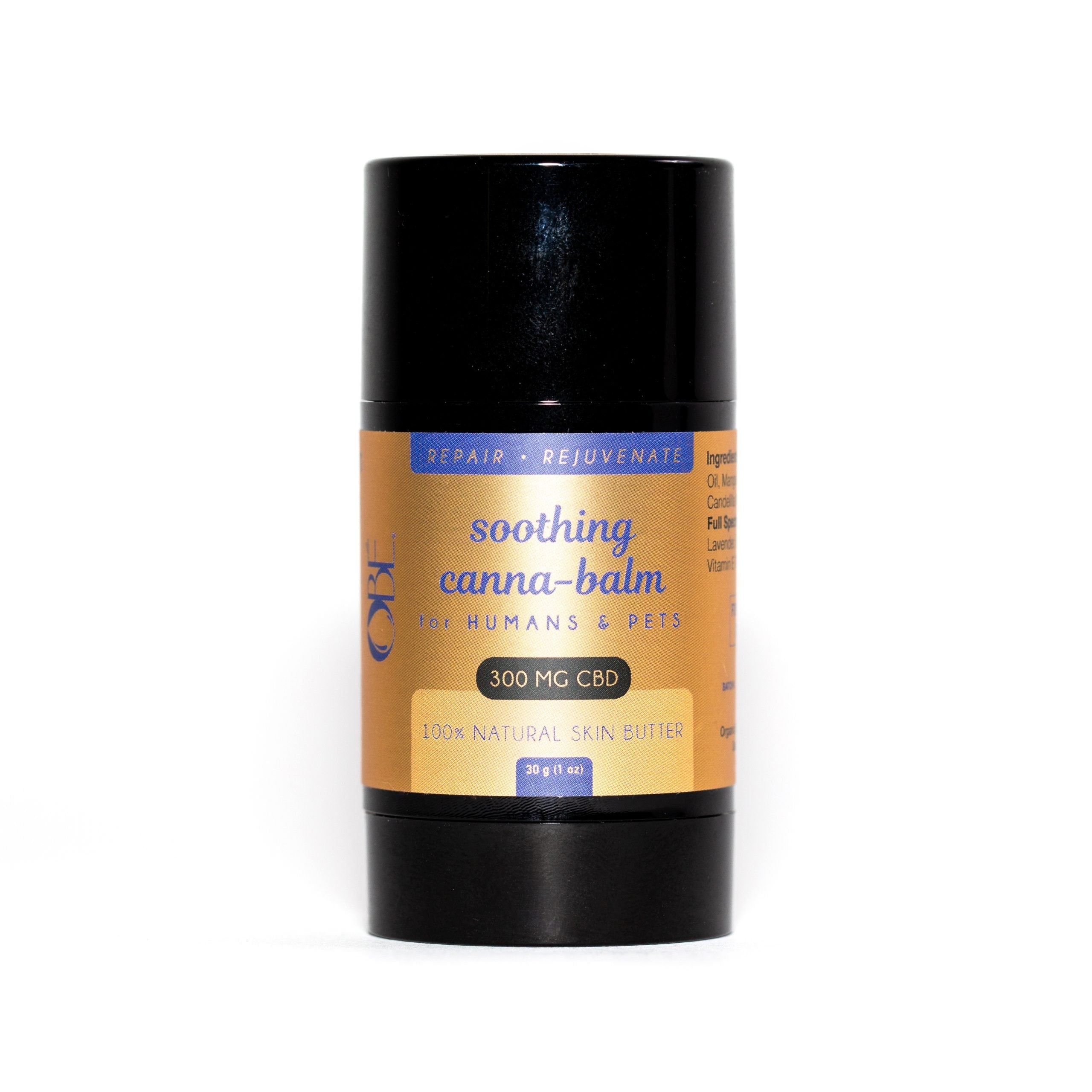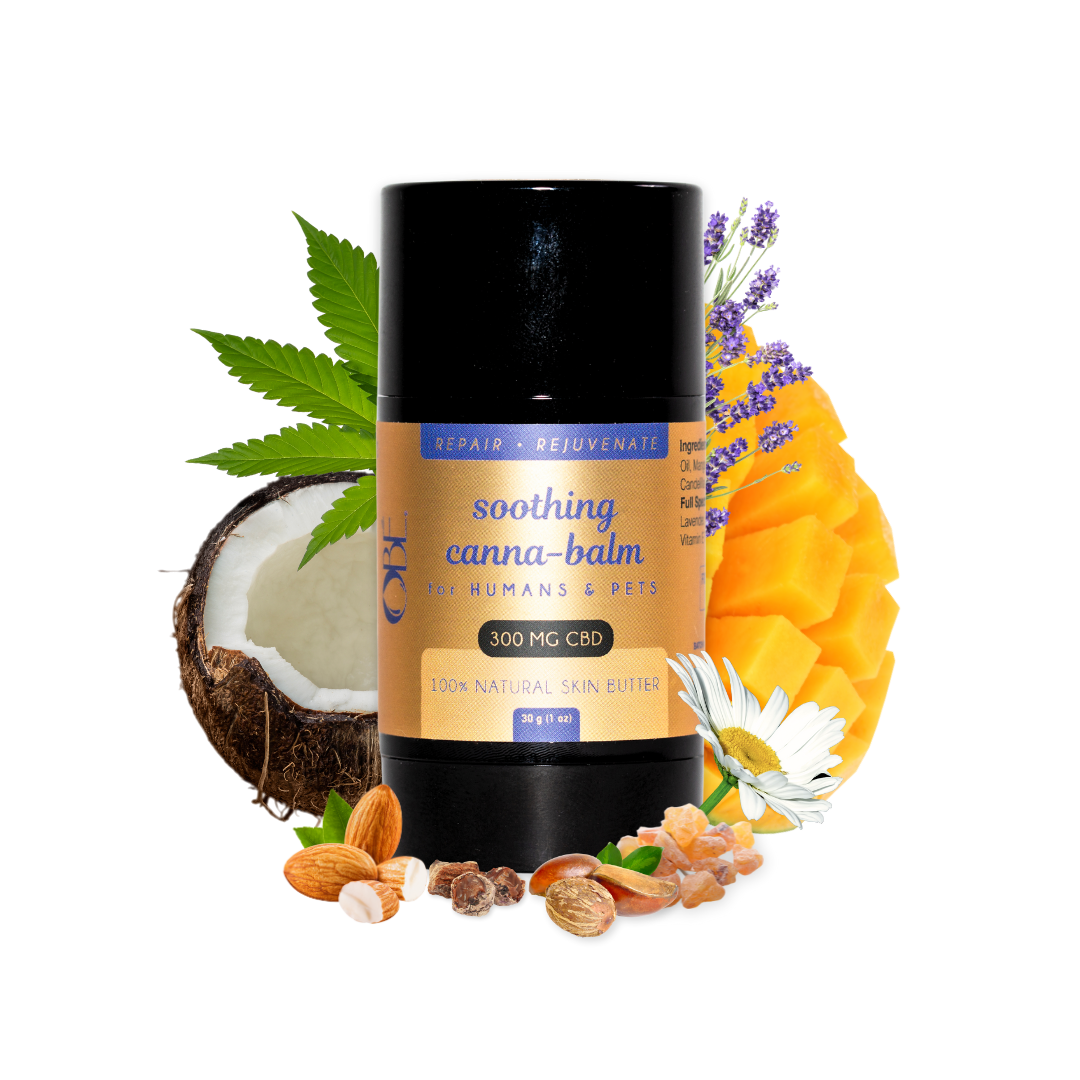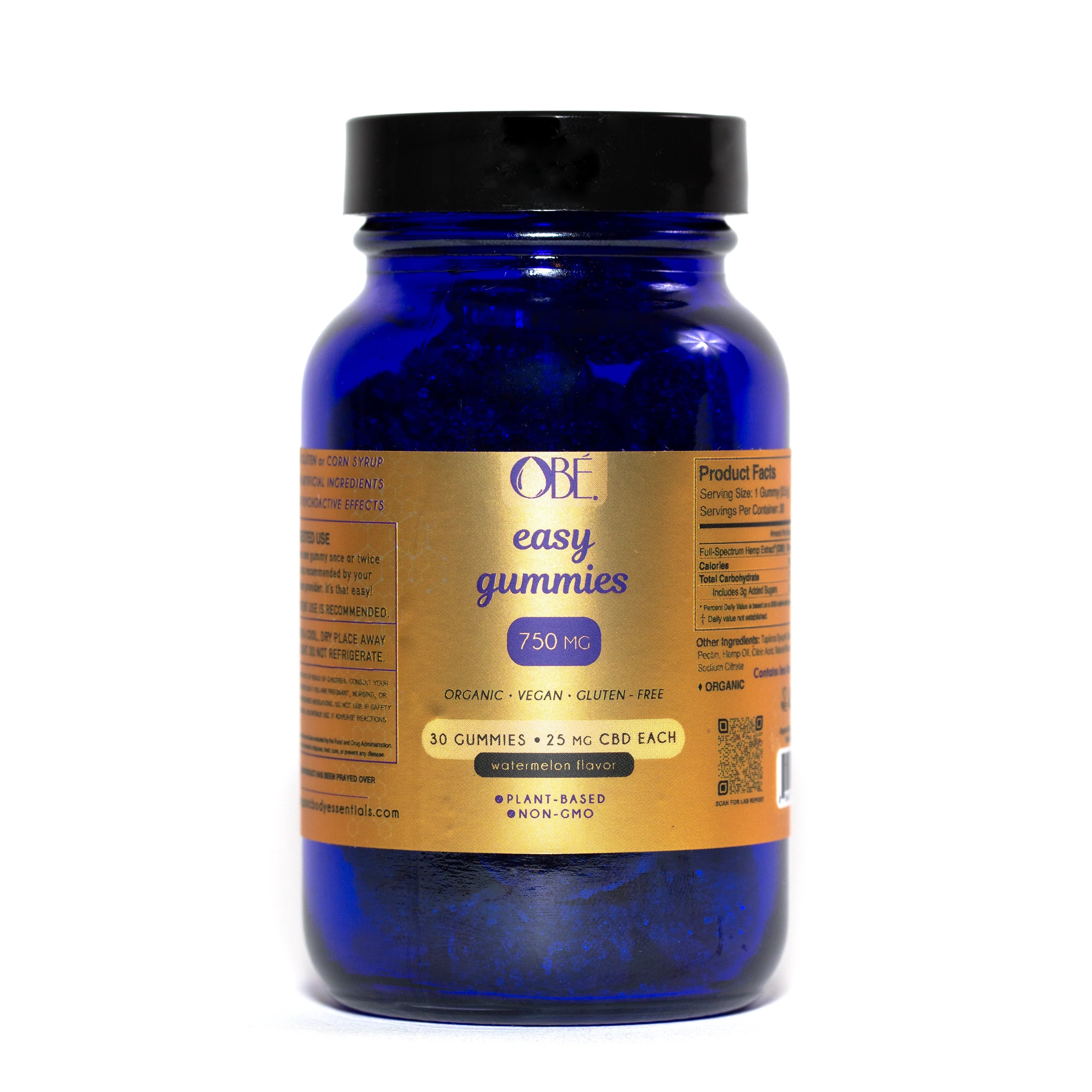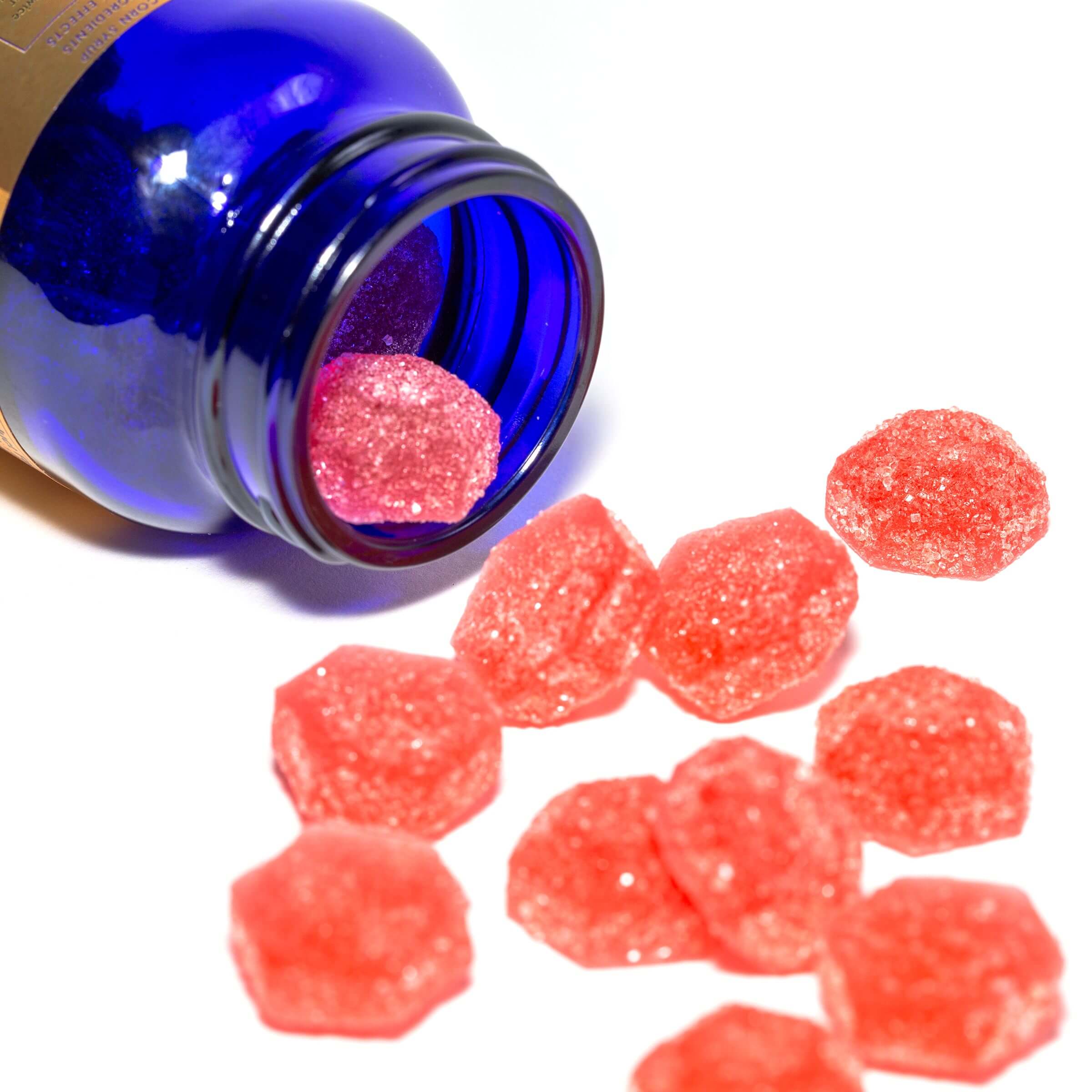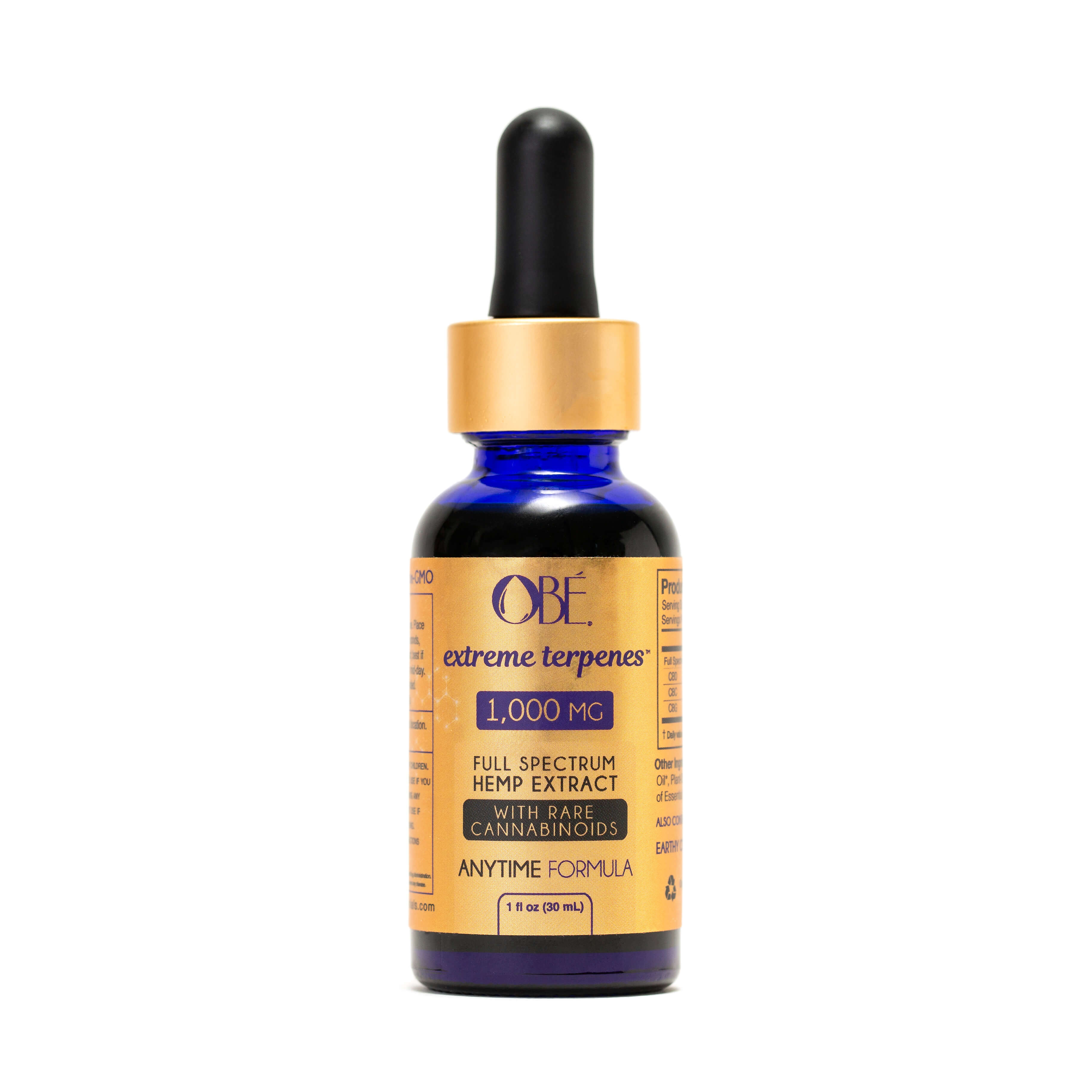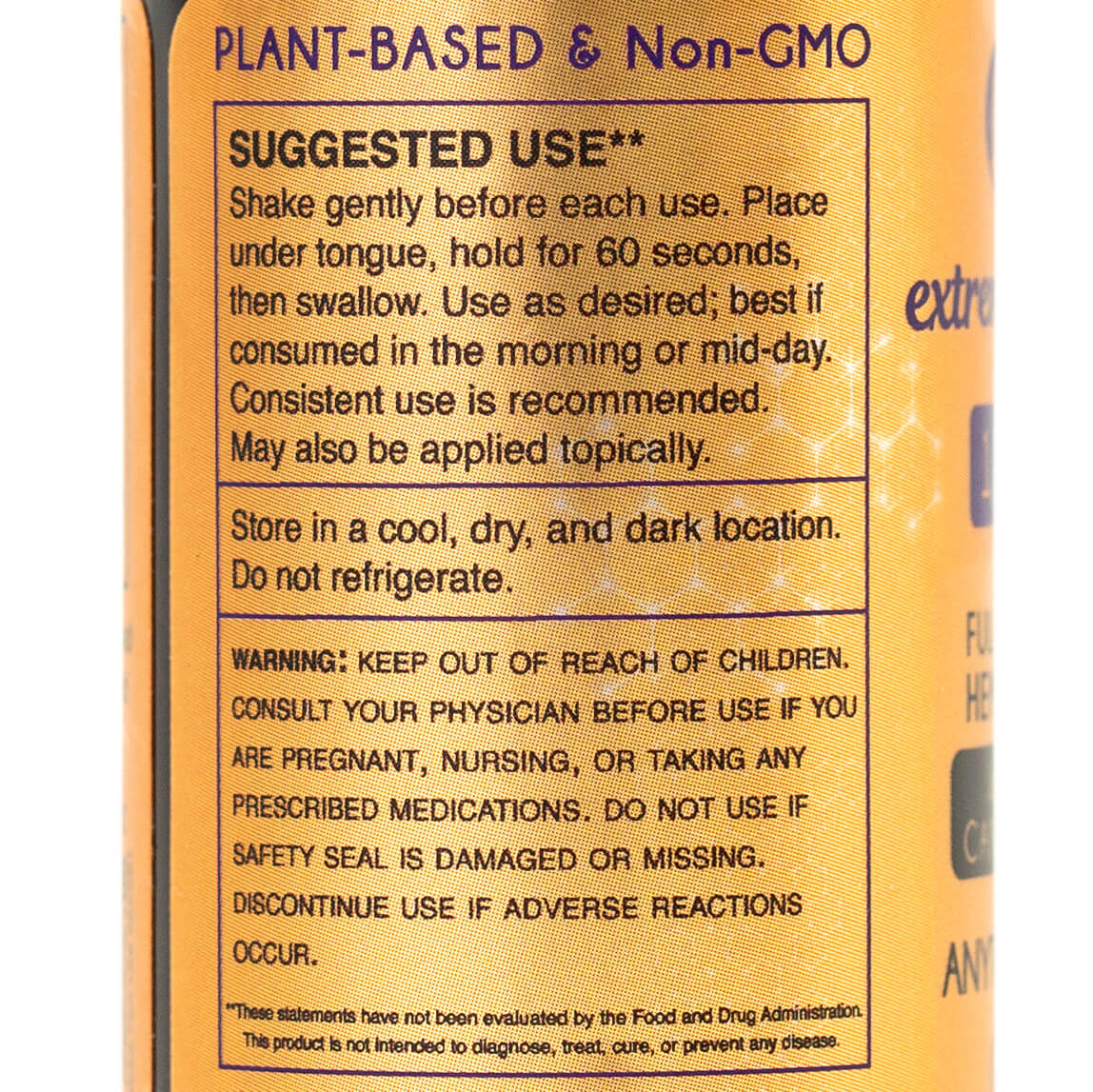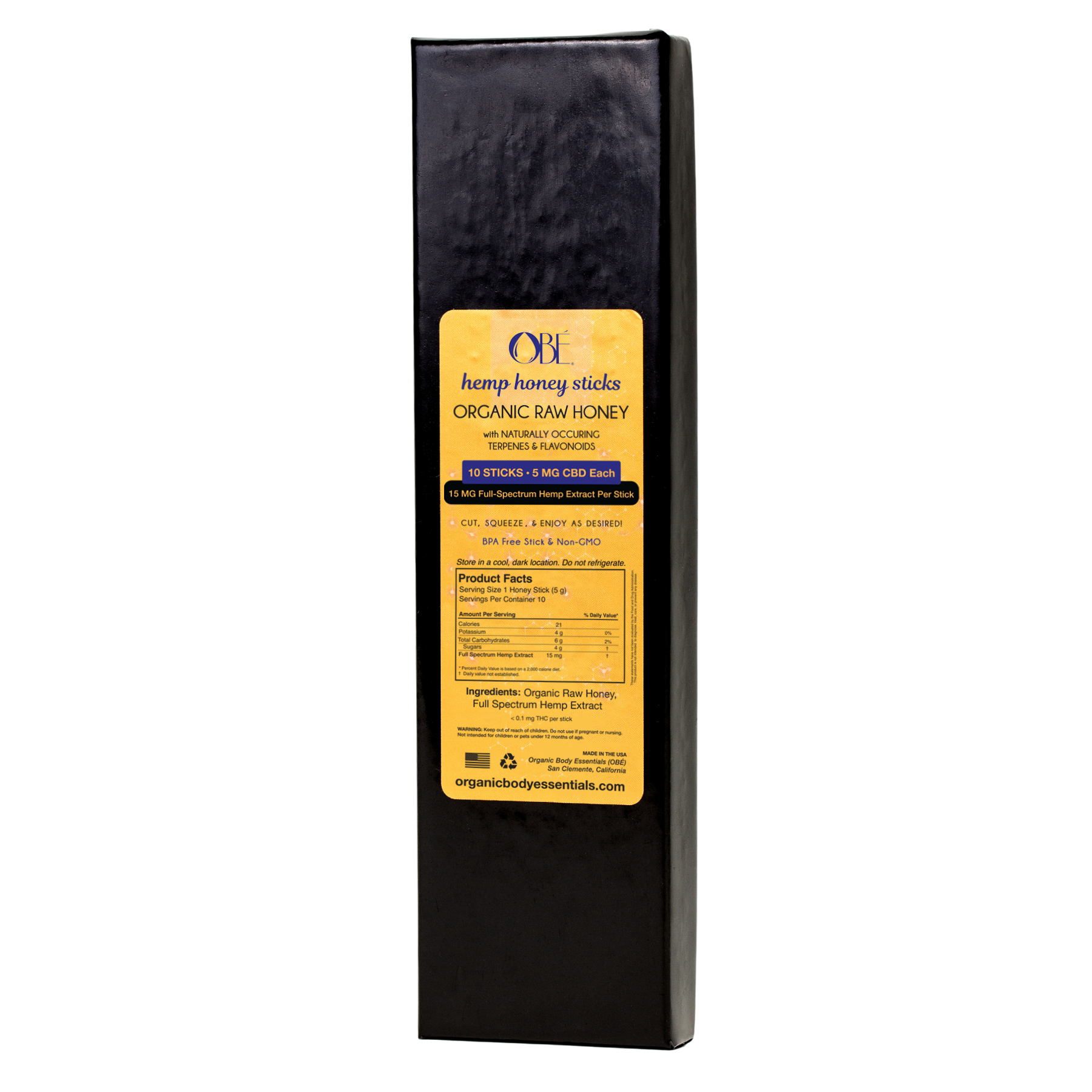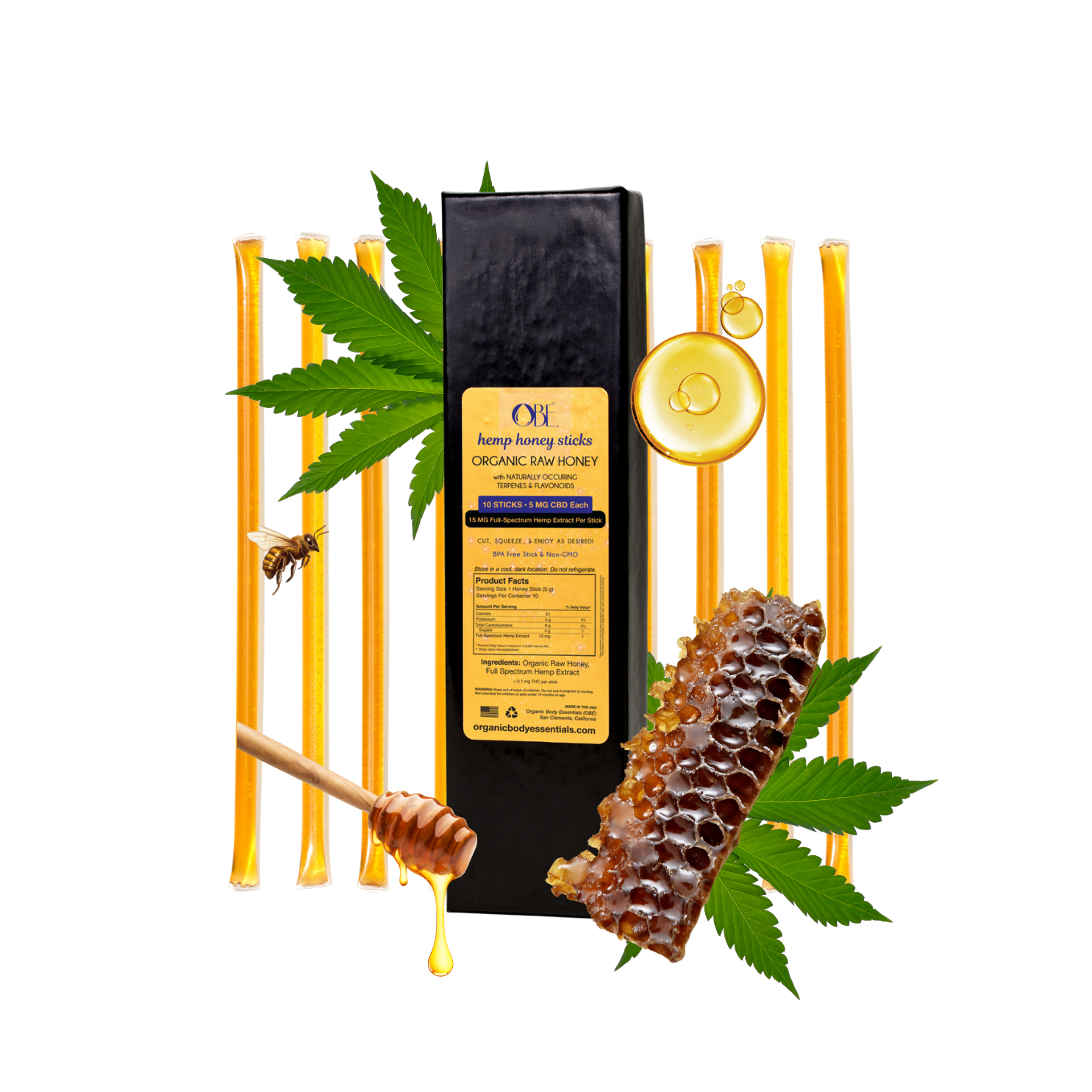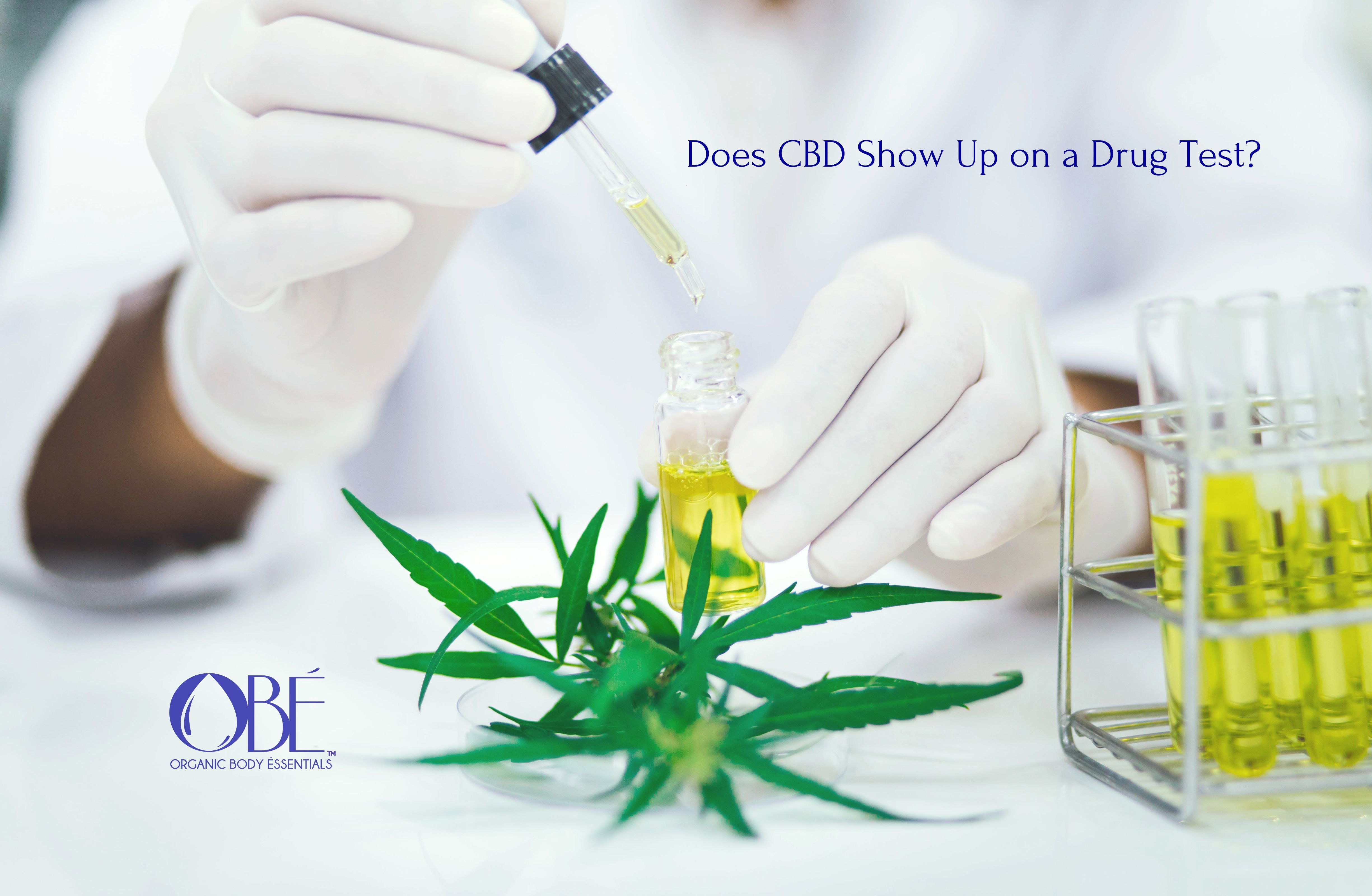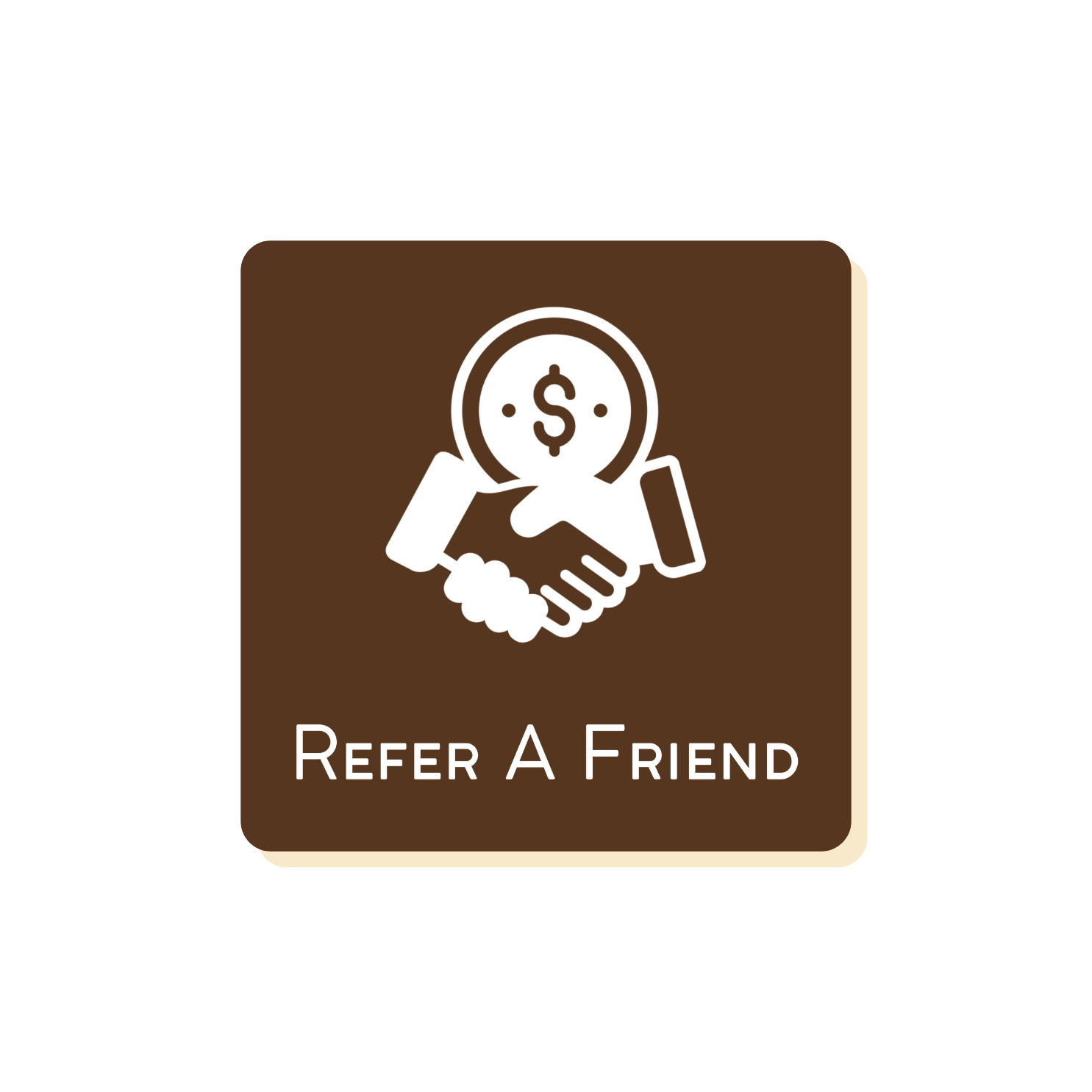This is a pressing matter - as even with how tremendous the miracle hemp compounds are, your body will only likely benefit if you're taking CBD properly and you know how it's affecting you. In this article, we discuss many factors that profoundly affect how CBD works and explain how long CBD stays in your system.
CBD Effects: What Science Says
CBD products are truly in demand. Many users are using CBD for its many potential health benefits, including, but not limited to, pain management, anxiety relief, and seizure treatment. The only way right now to reap the optimal benefits and avoid side effects and risks (including failing a drug test) - as there is still no definitive guide to CBD dosing - is to gain more knowledge about CBD pharmacokinetics and pharmacodynamics. Further scientific research about how CBD works and how active cannabinoids stay in your system is still needed. A quick background about CBD and THC will tremendously help.
· CBD vs THC. CBD (cannabidiol) and THC (tetrahydrocannabinol) are the two main compounds to watch out for when reading labels of CBD products - especially if you're wary about any upcoming drug testing. While CBD is a non-psychotropic cannabinoid, the cannabinoid THC might likely cause lightheadedness because of its psychoactive properties. The presence of THC, other cannabinoids, and terpenes is a great boost for CBD's effects, as they all help work synergistically to achieve the entourage effect.
· Hemp-derived CBD vs marijuana-derived CBD. It matters where CBD comes from if you want to know how long CBD stays in your system. The source matters because the composition of other naturally occurring compounds may affect the effects of CBD. Most CBD products - whether it be the well-loved CBD oils or CBD gummies - contain CBD sourced from industrial hemp plants. This is great - as, when compared to a marijuana plant, the hemp plant contains more CBD and only minimal or trace amounts of THC. Note: While they don't contain enough THC, hemp-derived CBD products still have THC metabolites that may cause a false positive drug test result.
· How Is CBD Good For The Body? For CBD to unleash its full-fledged promise, it needs to interact with the endocannabinoid system (ECS). The ECS receptors are located across the peripheral and central nervous system, which plays an important role in many bodily functions and homeostasis (balance). When your body encounters a lot of stressors and other factors, things may get thrown out of balance and some functions may get affected. This is where CBD comes in. CBD stands out as a great option to bring back balance to the ECS and the human body.
Factors That Affect How Long CBD Stays In Your System
Every human body is unique! Whatever works for you might not work for someone else. The same goes with any health issues - it will vary depending on the symptoms, severity, and other specifics. If, for example, it is a localized muscle pain, then applying CBD balm may soothe it faster for someone, as compared to taking CBD capsules. Case in point: every individual responds to CBD differently. And this depends on several factors:
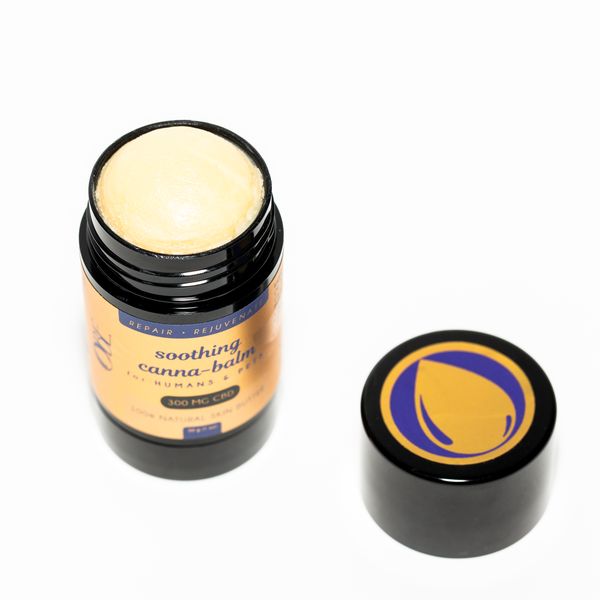
· Metabolism and age. When CBD enters the digestive system, it is metabolized in the liver, but every person metabolizes CBD and other compounds differently. According to a study, metabolism and your age come hand in hand. Since metabolism declines at a certain age, the recommended dosage for some CBD products might not be the most ideal in the long run. The best way to ensure CBD benefits stay in your system is to consult a health professional now and then.
· Drug Interactions. Some who take CBD oil and other CBD products with their over-the-counter or prescription medications might encounter some disparities. It's important to do your research. Some medications might decrease the effects of CBD, and therefore affect how long CBD stays in your system. And sometimes, CBD may alter the effects of the medications you're taking because of drug-drug interactions.
· Body Mass Index (BMI). Sometimes, weight-based dosing is better than fixed dosing. However, this isn't always applicable - as several factors should be considered (physiological and clinical). If you're taller or heavier, higher doses of CBD might be the most viable - around 0.2mg-0.7 mg of CBD per pound, according to sources.
Sublingual CBD Oil vs CBD Edibles vs Topical CBD Products: What's the Best Way to Consume CBD
After getting an idea of how incredible and distinct your CBD journey is from other individuals, it's time to get acquainted with different CBD products. The type of CBD administration plays a huge role in how CBD will stay in your system. Out of all the ways to consume CBD, smoking and vaping offers the most rapid delivery. However, study findings revealed vaping CBD may lead to notable lung damage, when compared to nicotine. So, with that said, it's best to do things right and not be reckless to get the most from the herbal wonder, CBD. Choose among edibles, topicals, or sublingual CBD oils!
· CBD Topicals - CBD topicals are best for those who feel localized joint or muscle pains only. If you are expecting CBD to do its thing for your other health issues (like sleep or anxiety), it won't - since plant compounds from topical CBD don't reach your bloodstream. For those who are worried about drug tests, the research concluded that THC-containing products like full-spectrum CBD topicals don't produce cannabinoid findings in blood or urine tests.
· CBD Edibles - Taking CBD orally as CBD gummies or CBD capsules is one of the common ways consumers enjoy the effects of CBD. Edibles are the most preferred if you want long-lasting CBD health benefits. Consume CBD edibles regularly; be consistent. It may take a while, but ingested CBD stays in your system for a prolonged period.
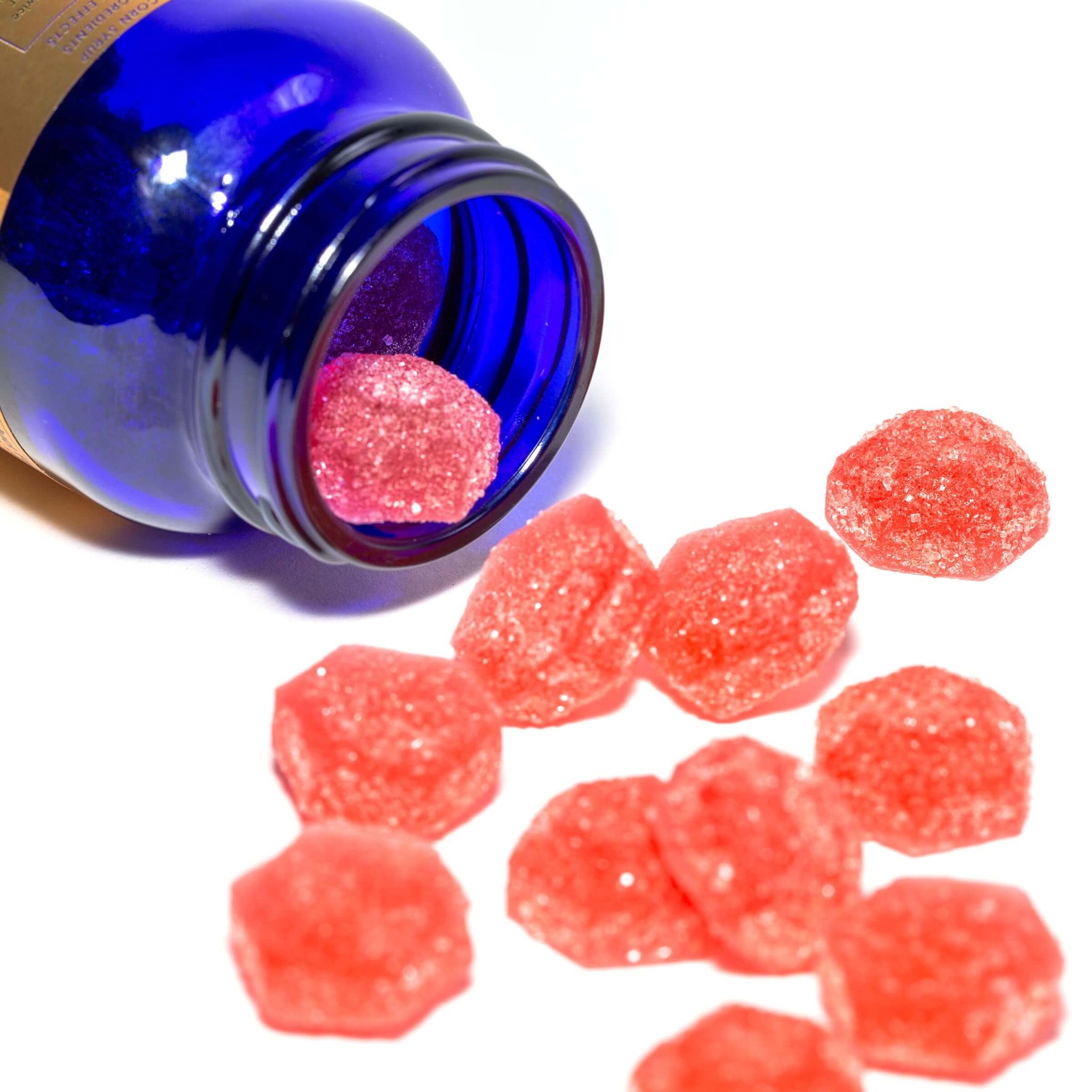
· CBD Oil/ Sublingual - Sublingual CBD drops are the best on the list. Placing CBD oil under your tongue and letting CBD oil stay there for at least 60 seconds is the fastest way to get CBD reaching your bloodstream in no time. It is far shorter than edibles since it doesn't have to pass through your digestive system.
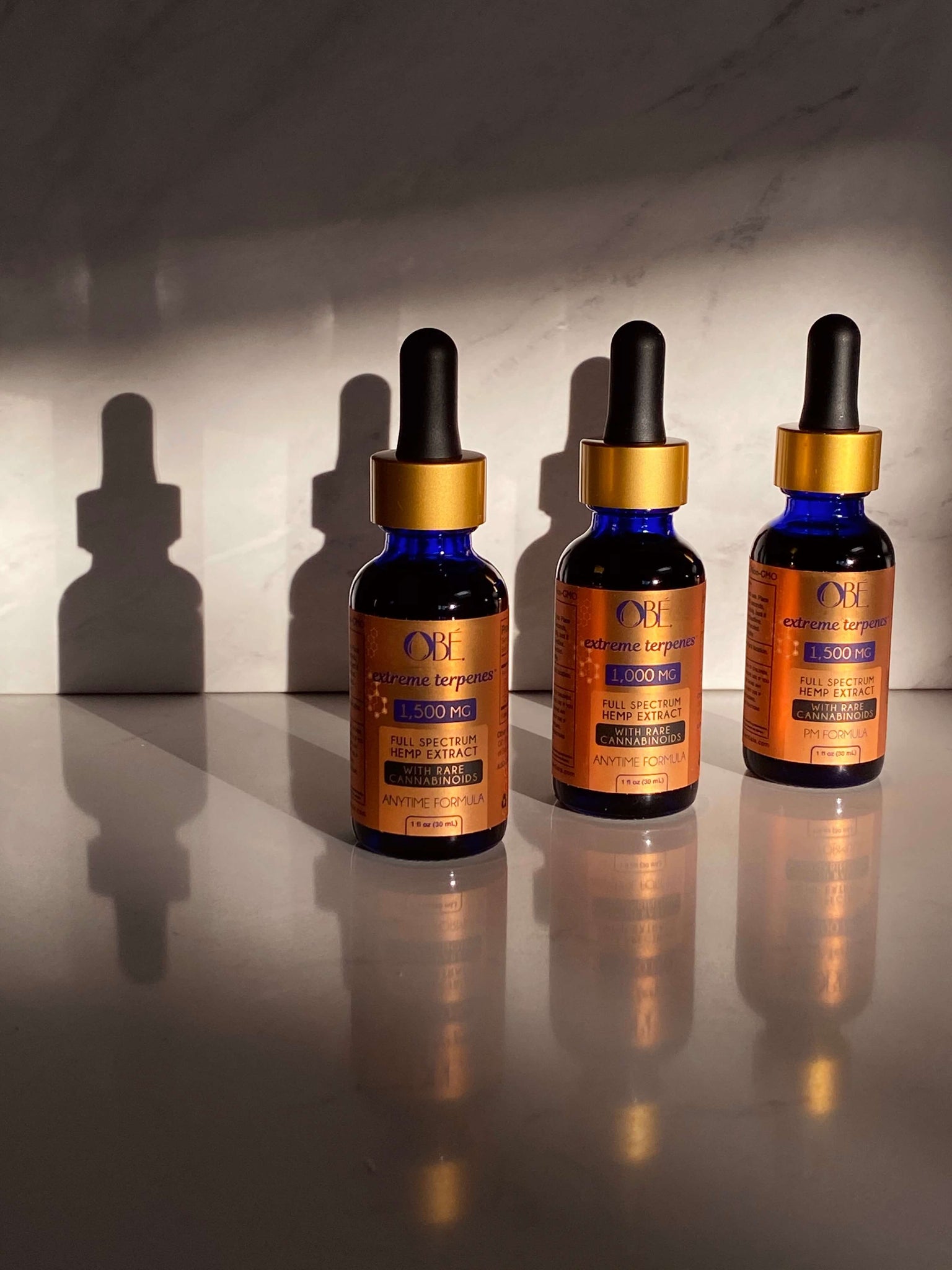
Understanding The Bioavailability, Efficacy, and Duration of CBD In Your Body
The different forms of CBD products mentioned above have different bioavailability (absorption rate), efficacy time, and time of CBD metabolites to last inside your body. Oral CBD consumption has the slowest absorption rate but they come in many delectable and convenient choices that consumers love. Sublingual, on the other hand, is the most effective and safest way - however, many users are thrown aback by the taste of natural hemp. While topicals are perfect for localized pain, CBD doesn't enter the bloodstream. Case in point: all are based on preferences and your body composition (as we've talked about in the previous section). Note that all numbers below are based on scientific research and are just great grounds to find your footing. There's no absolute, definitive range for how CBD lasts in your system because every human is different from one another.
-
Bioavailability for Different CBD Forms:
-
Inhaling, vaping, or smoking: 34-56%
-
Sublingual: 10-20%
-
Oral/ Ingest: 6-19%
-
Topical: <5%
-
-
Efficacy time or how long does it take for the effects of CBD to kick in:
-
Inhaling, vaping, or smoking: within 15 minutes
-
Sublingual: within 15 to 20 minutes
-
Oral/ ingest: within 30 minutes to a few hours
-
Topical: within 20 minutes
-
-
CBD Duration or how long does CBD stay in your system:
-
Inhaling, vaping, or smoking: between hours to 30 days
-
Sublingual: within 1 to 7 days
-
Oral/ Ingest: between 11 and 28 days
-
Topical: 0 (as it does not enter the bloodstream)
-
Does CBD Show Up In A Drug Test?
It's THC, not CBD, which might show up in most drug tests. THC is the principal ingredient from Cannabis that causes the psychoactive effects. THC is also the culprit for why the marijuana (Cannabis plant) is classified as a Schedule I controlled substance. With that said, as long as CBD is sourced from the hemp plant - and there are only trace amounts or less than 0.3% of THC - a CBD product is safe and legal to use. The best way to avoid a false positive test result is to get CBD isolate products, as they're THC-free.
· Err on The Side of Caution, Go with CBD Isolate. There are three types of hemp-sourced CBD concentration: full-spectrum CBD, broad-spectrum CBD, and CBD Isolate. CBD isolate or THC-free pure CBD products are your best bet if you are expecting a workplace drug test.
· Why Include THC? Broad-spectrum and full-spectrum CBD products have cannabinoids, terpenes, and flavonoids combined in them. This is a great combo as they boost the potential of CBD to stay in your system, and even better, you also get the positive effects from the other hemp compounds.
· Is CBD overdose possible? There are no reports of people overdosing on CBD yet. In one study, it was observed that chronic users who reach high CBD doses (up to 1500mg per day) didn't see any drastic changes. However, while CBD is well-tolerated - and urine and blood tests don't detect CBD - keep in mind that it still may cause some side effects. It's always best to be cautious with how much CBD are you consuming. To avoid dry mouth, lightheadedness, or fatigue, it's best to start with the lowest dosage possible.
Start Low And Go Slow!
There's no need to be reckless and go beyond what is the recommended dosage. This is a common mistake among CBD enthusiasts! While CBD is a safe plant compound and has little to no side effects, depending on each individual, it would be detrimental to your health to go beyond what your body can take. The general rule of thumb: Start with a low dosage and go slow with incremental increases. Be patient and let the powerful cannabinoids do their thing. What you can do are some tricks! There are many ways how to help CBD get absorbed fast and let CBD stay in your system longer.
· Choose the right dosage. Because of CBD's high lipophilicity, absorption by the brain and other organs will be efficient. However, when there is excess CBD detectable in your intake, the body excretes it, together with other cannabinoids, within 5 days. Total bummer! That's why it will be more cost-effective for you as a consumer to go for the most suitable CBD oil, rather than put good compounds - and a lot of your money - to waste.
· Take CBD edibles with a high-fat meal. Never ingest a CBD product on an empty stomach. This is unfavorable if you want CBD to stay in your system for a long time, as CBD will get excreted faster. However, taking CBD orally with fatty foods increases CBD absorption in the body four-fold!
· Be consistent! Choosing the right CBD product with the correct dosage from a reputable brand is just the beginning of your CBD wellness journey. Get your CBD fix consistently. Follow the instructions on the packaging earnestly. While how long does CBD stay in your system depends on many factors - being optimistic, living healthily, and taking your CBD product regularly might do a lot for your health!

